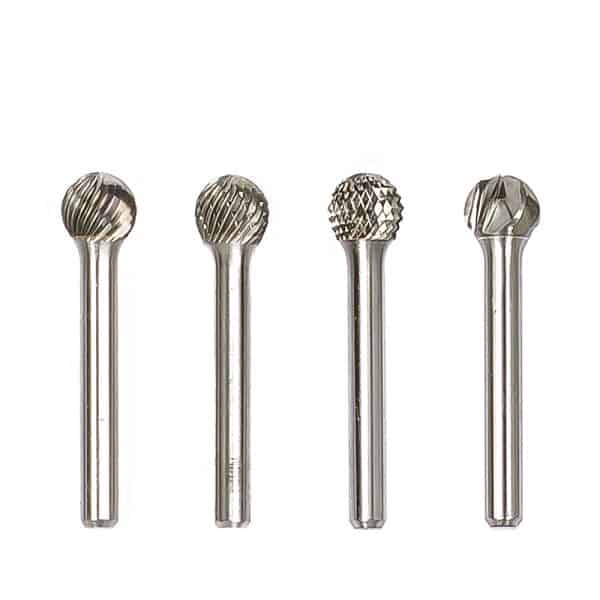5c collet block Factory
A 5C collet block is a versatile workholding device used in machining to securely hold round or hexagonal workpieces. It offers high precision and repeatability, making it ideal for various milling, drilling, and tapping operations. Understanding the features, applications, and selection criteria of a 5C collet block is crucial for machinists and manufacturers seeking efficient and accurate machining solutions.
Understanding the 5C Collet System
The 5C collet block derives its name from the 5C collet system, a standardized collet design widely used in the machining industry. Collets are precision-made sleeves that clamp down on a workpiece when tightened, providing a secure and concentric grip.
What is a 5C Collet?
A 5C collet is a specific type of collet that conforms to the 5C standard. Key features of a 5C collet include:
- External Thread: Allows for tightening the collet within a collet chuck or 5C collet block.
- Tapered Body: The tapered design ensures a secure and concentric grip when tightened.
- Slotted Design: Slots allow the collet to compress and clamp onto the workpiece.
- Standard Dimensions: 5C collets adhere to specific dimensions, ensuring interchangeability between different manufacturers.
Types of 5C Collets
While adhering to the 5C standard, collets are available in various types to accommodate different workpiece shapes and requirements:
- Round Collets: For holding round workpieces.
- Square Collets: For holding square workpieces.
- Hexagon Collets: For holding hexagon workpieces.
- Emergency Collets: These collets have a soft bore that can be machined to fit custom workpiece shapes.
- Step Collets: Feature a stepped bore to accommodate workpieces with different diameters along their length.
Benefits of Using a 5C Collet Block
Utilizing a 5C collet block in your machining operations offers several advantages:
- High Precision: Collets provide a very accurate and repeatable clamping force, leading to improved machining accuracy.
- Versatility: Accommodates a wide range of workpiece sizes and shapes with different collet options.
- Quick Changeover: Collets can be quickly and easily changed, reducing setup time and increasing productivity.
- Secure Workholding: Provides a strong and stable grip, preventing slippage and vibration during machining.
- Compact Design: 5C collet blocks are relatively compact, making them suitable for use on smaller machines.
Types of 5C Collet Blocks
5C collet blocks come in different designs to suit various machining applications:
- Horizontal 5C Collet Block: The most common type, designed to hold collets horizontally on a milling machine table.
- Vertical 5C Collet Block: Used to hold collets vertically, allowing for machining on the end of a workpiece.
- 5C Collet Indexing Block: Incorporates an indexing mechanism, allowing for precise rotational positioning of the workpiece. This type is often used for machining multiple features around the circumference of a part.
- 5C Collet Spin Indexer: Provides continuous rotation of the collet, ideal for operations like grinding or polishing.
- Double 5C Collet Block: Holds two collets simultaneously, increasing throughput for repetitive machining tasks.
Choosing the Right 5C Collet Block
Selecting the appropriate 5C collet block for your needs requires careful consideration of several factors:
- Accuracy Requirements: Determine the level of precision required for your machining operations. Look for blocks with high accuracy specifications.
- Workpiece Size and Shape: Ensure the block can accommodate the size and shape of your workpieces. Consider the maximum collet capacity and the availability of appropriate collet types.
- Machine Compatibility: Verify that the block is compatible with your milling machine or other machining equipment. Check the mounting dimensions and spindle height.
- Material: 5C collet blocks are typically made from hardened steel or cast iron. Hardened steel offers greater durability and accuracy.
- Features: Consider features like indexing capabilities, adjustable stops, and coolant compatibility.
- Budget: 5C collet blocks range in price depending on their features and quality. Balance your needs with your budget to find the best value.
Applications of 5C Collet Blocks
5C collet blocks are used in a wide variety of machining applications, including:
- Milling: Holding workpieces for milling operations, such as creating slots, pockets, and contours.
- Drilling: Securing workpieces for drilling holes.
- Tapping: Holding workpieces for tapping threads.
- Grinding: Supporting workpieces during grinding operations.
- Turning: Adapting lathes to accept 5C collets for small parts turning.
- Engraving: Holding parts securely for precision engraving.
Maintenance and Care of Your 5C Collet Block
Proper maintenance will extend the life and maintain the accuracy of your 5C collet block:
- Cleaning: Regularly clean the block and collets to remove chips, dirt, and coolant. Use a brush and a suitable cleaning solvent.
- Lubrication: Apply a light coat of oil to the block and collets to prevent rust and corrosion.
- Storage: Store the block and collets in a clean, dry place when not in use.
- Inspection: Periodically inspect the block and collets for signs of wear or damage. Replace worn or damaged components as needed.
Where to Buy a 5C Collet Block
You can purchase 5C collet blocks from various sources, including:
- Machinery Dealers: Local machinery dealers offer a range of 5C collet blocks and other machining equipment.
- Online Retailers: Online retailers such as Amazon and eBay offer a wide selection of 5C collet blocks at competitive prices.
- Specialty Tool Suppliers: Companies like Wayleading Tools specialize in providing high-quality 5C collet blocks and other precision tooling. Wayleading Tools offers various types of 5C collet block with high precision and stability.
Comparing 5C Collet Blocks: A Table of Key Features
| Feature | Horizontal Block | Vertical Block | Indexing Block |
|---|---|---|---|
| Orientation | Horizontal | Vertical | Horizontal/Vertical |
| Typical Applications | Milling, drilling, tapping | End machining | Machining multiple features |
| Indexing Accuracy | N/A | N/A | Varies by model |
| Complexity | Simple | Simple | Complex |
Disclaimer: This information is for general guidance only. Always consult with a qualified machinist or engineer for specific applications and safety procedures.
Related products
Related products
Best selling products
Best selling products-
 APKT Milling Insert For Indexable Milling Cutter
APKT Milling Insert For Indexable Milling Cutter -
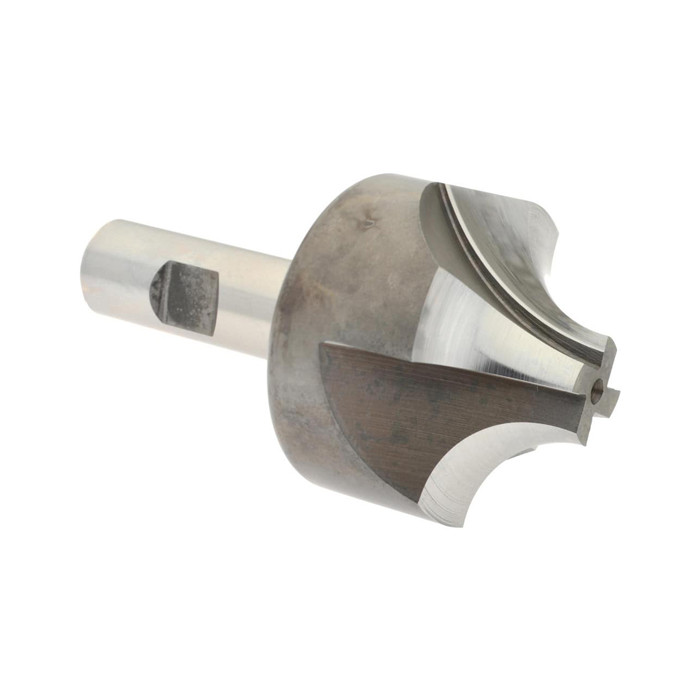 HSS Metric & Inch Corner Rounding End Mill For Industrial
HSS Metric & Inch Corner Rounding End Mill For Industrial -
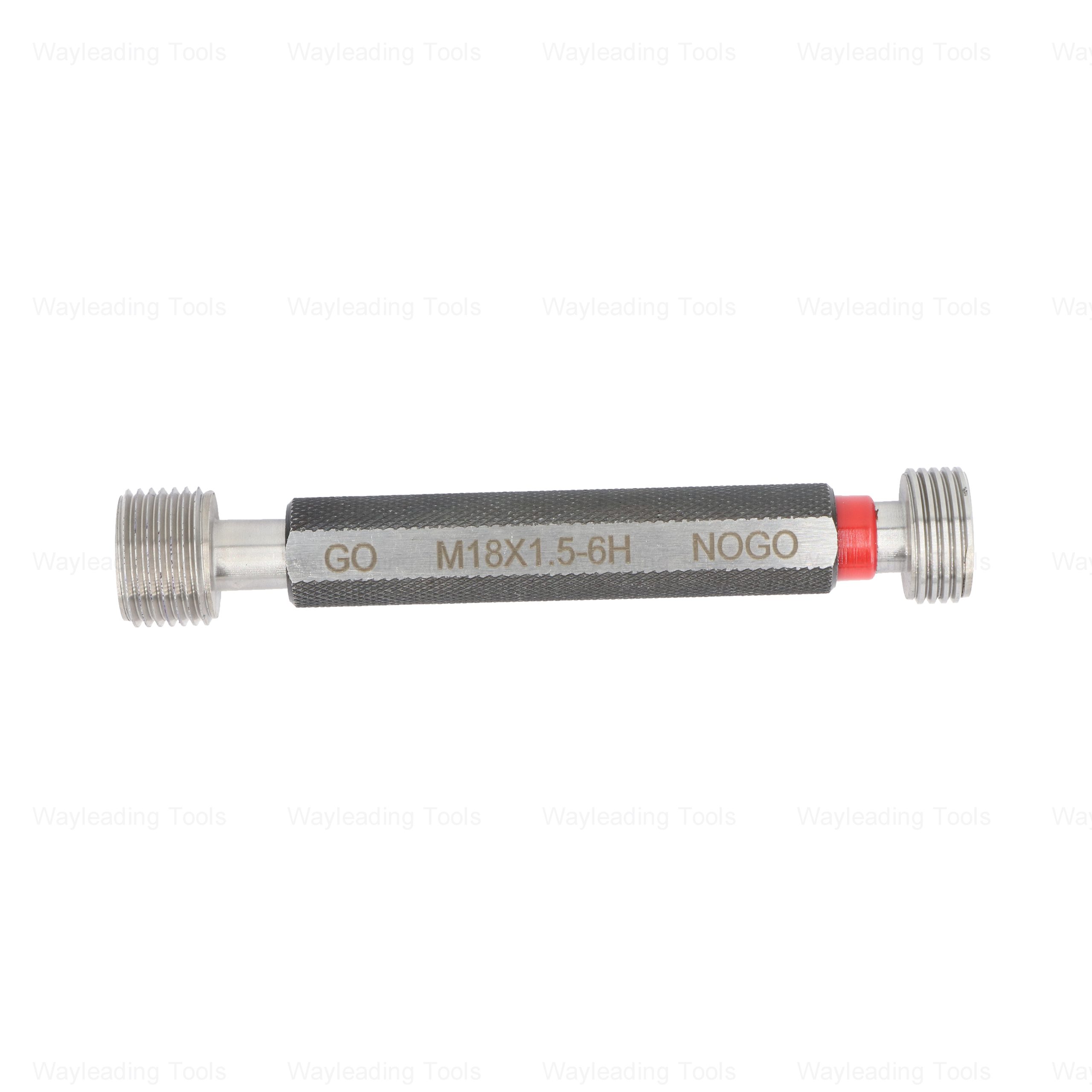 High-Precision Metric Thread Plug Gauge – 6H Class, GO & NO-GO Ends
High-Precision Metric Thread Plug Gauge – 6H Class, GO & NO-GO Ends -
 7pcs Carbide Turning Tool Set With Metric & Inch Size
7pcs Carbide Turning Tool Set With Metric & Inch Size -
 Precision V Block And Clamps Set With Industry Type
Precision V Block And Clamps Set With Industry Type -
 Inch ER Collets With Hight Precision Milling
Inch ER Collets With Hight Precision Milling -
 32 Blades Feeler Gauge From 0.04-0.88MM
32 Blades Feeler Gauge From 0.04-0.88MM -
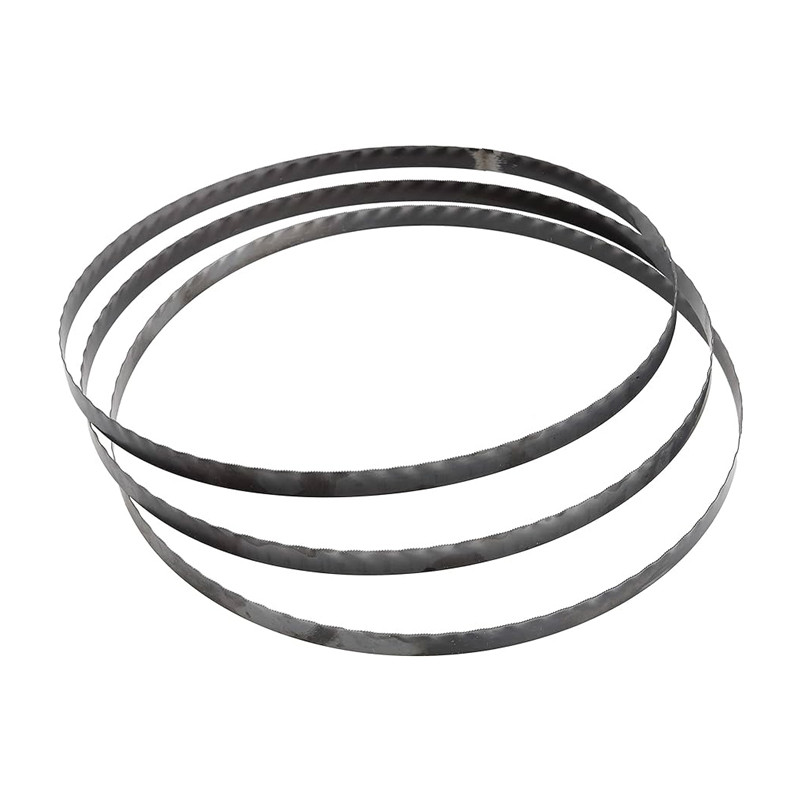 M42 Bi-Metal Bandsaw Blades For Industrial Type
M42 Bi-Metal Bandsaw Blades For Industrial Type -
 HSS Inch Taper Shank Twit Drills For Metal Cutting Of High Precision
HSS Inch Taper Shank Twit Drills For Metal Cutting Of High Precision -
 Precision Outside Micrometer Of Inch & Metric With Rachet Stop
Precision Outside Micrometer Of Inch & Metric With Rachet Stop -
 Precision Dustproof Dial Caliper Of Double Shock-Proof For Industrial
Precision Dustproof Dial Caliper Of Double Shock-Proof For Industrial -
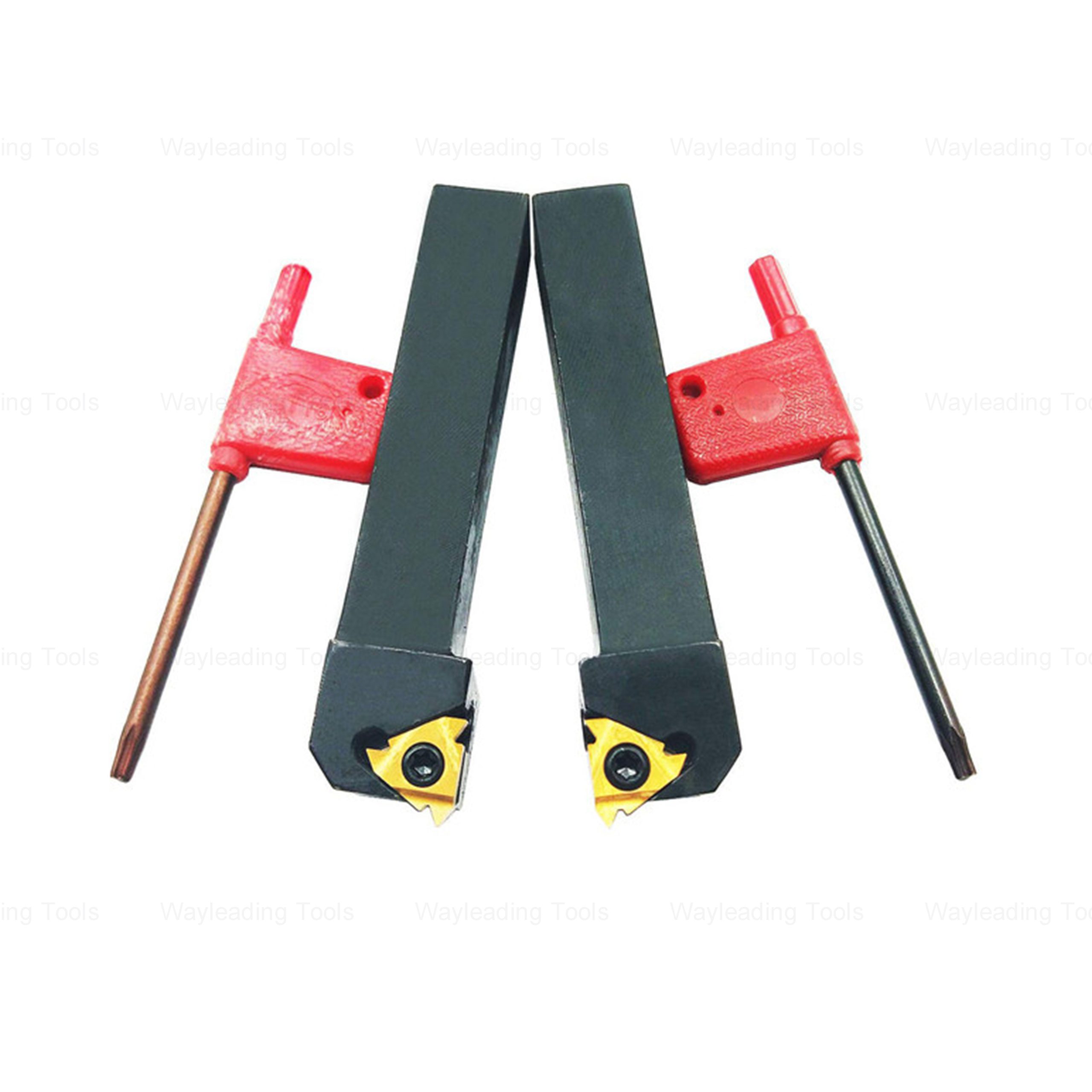 Indexable External Threading Tool Holder – SER / SEL, Metric & Inch
Indexable External Threading Tool Holder – SER / SEL, Metric & Inch
Related search
Related search- Wholesale 3pcs little hogger end mills
- Tungsten Carbide Rotary Burr Factory
- 45 degree end mill Factories
- partial profile 55 degree threading insert Suppliers
- morse taper adapter
- DCGX insert Factory
- carbide end mill cutter Suppliers
- Tap Wrench Factories
- 5c collet block Supplier
- Involute Gear Cutters Manufacturer


